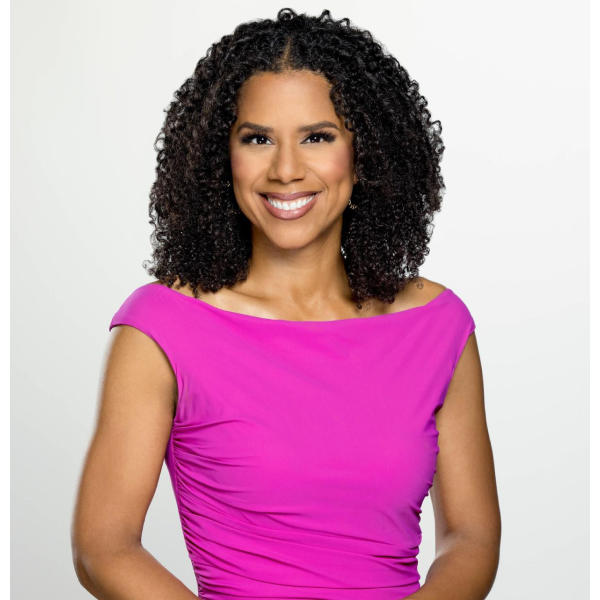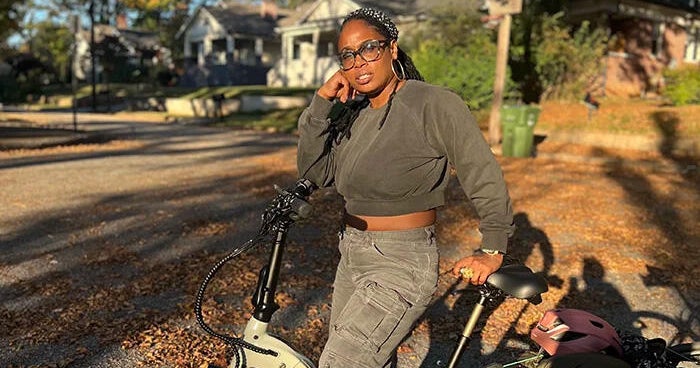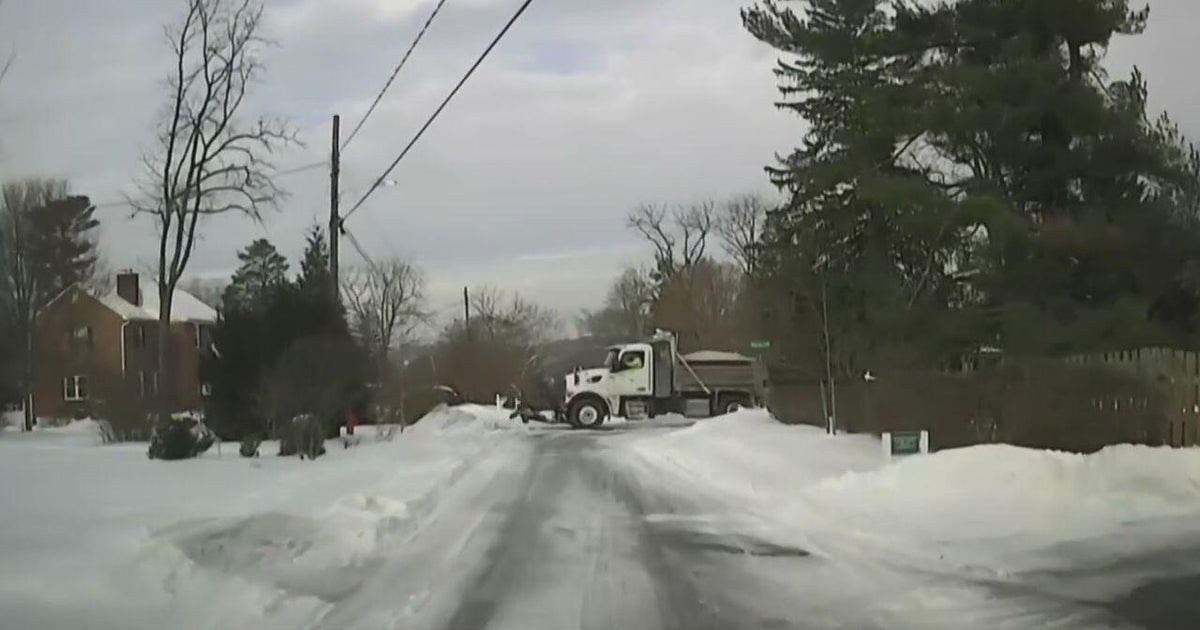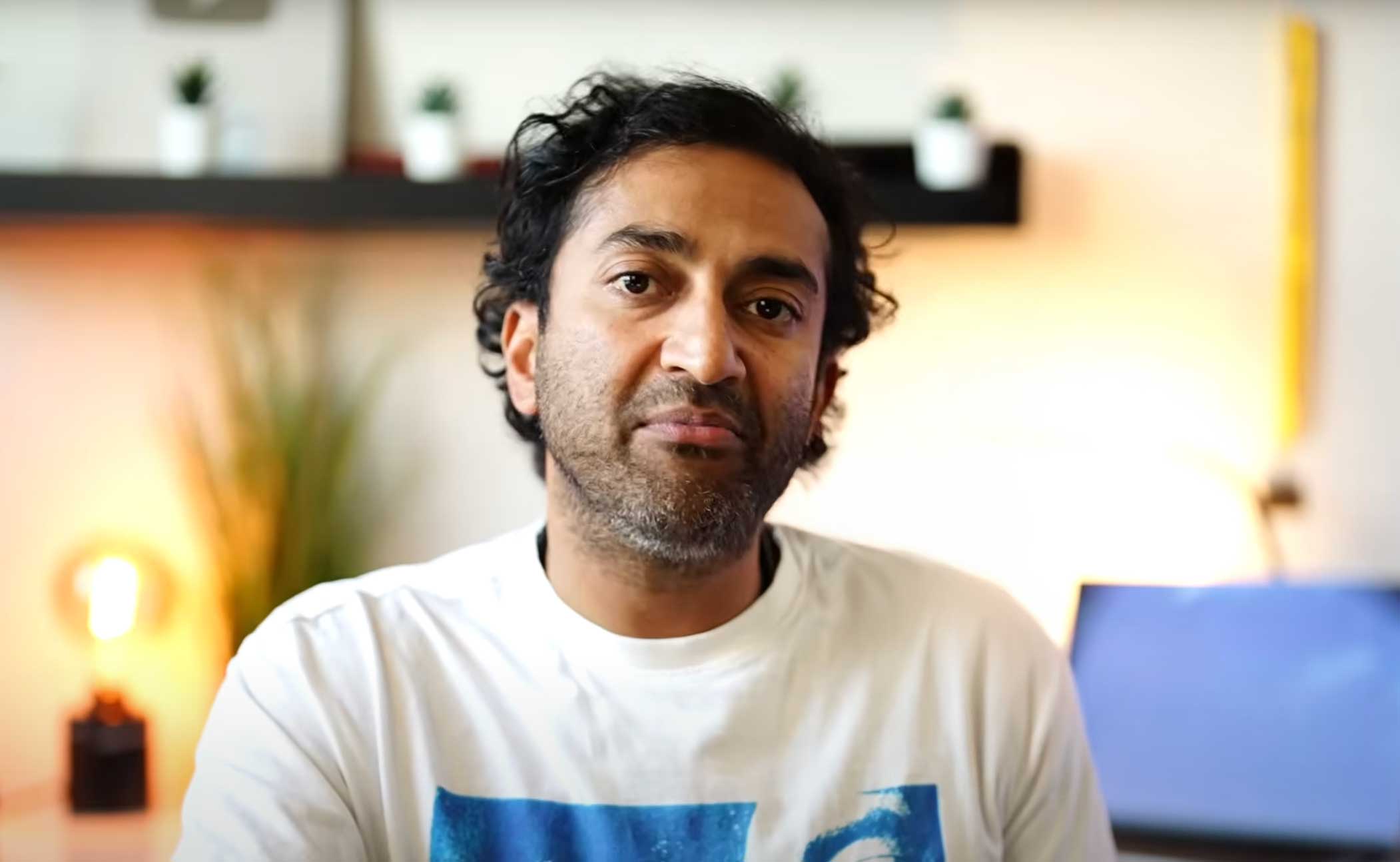Early data shows racial disparity in coronavirus vaccine recipients
Chicago — Black and Latino Americans are more likely to die from COVID-19 — but according to early data from 23 states, they're less likely to be vaccinated against it. In those states, which report vaccinations by race and ethnicity, data shows the communities hardest hit are falling significantly behind.
In Maryland, 63% of doses have gone to white residents and 15% to Black residents, though Black residents make up 31% of the population. In Texas, partial data shows 9% of vaccine recipients are Hispanic, though Hispanic residents constitute nearly 40% of the state's population.
It's a disparity Austin City Council member Vanessa Fuentes sees in her mostly Latino district.
"I do not feel that we in southeast Austin have the same access to the vaccine," she said. "We don't have the traditional infrastructure of hospitals and pharmacies."
Vaccine hesitancy is another barrier. Even in health care settings, 37% of workers say they either want to wait and see or definitely not get the vaccine. Black Americans are most hesitant.
Rhonda Jones, a registered nurse, said the vaccine "came out just a little bit too fast" for her. She works in Chicago's New Roseland Community Hospital, where 73% of staff have declined the vaccine so far, despite the hospital's outreach efforts.
"I would say that's just me being a good nurse," Jones said. "You have to learn a little bit about it before you do it."
Health experts, including Dr. Anthony Fauci, have stressed that the vaccine is safe. Speaking with leaders of a coalition of Black doctors, faith leaders, and academics in December, Fauci noted that the Moderna vaccine was developed by his colleague Dr. Kizzmekia Corbett, a Black scientist who leads the National Institutes of Health's vaccine research.




